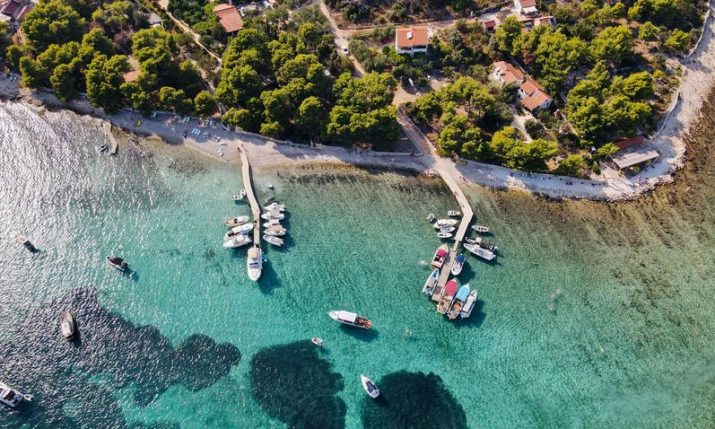by croatiaweek
September 10, 2025
in

Drvenik Veli
The government has introduced new legislation designed to streamline procedures, protect Croatia’s coastline, and deliver the toughest measures yet against illegal construction.
The package includes a new Building Act, a new Spatial Planning Act, and amendments to the Criminal Code.
Deputy Prime Minister and Minister of Spatial Planning, Construction and State Assets Branko Bačić announced that for the first time, illegal construction will become a criminal offence regardless of location, Večernji list has reported.
Until now, prosecution was limited to building in protected areas such as national parks or on maritime property. Under the new law, all unauthorised building will fall under the remit of the State Attorney’s Office (DORH), with sanctions ranging from fines to prison sentences.
“The aim is more efficient spatial planning, simpler procedures for citizens and investors, and stronger protection of space from devastation,” said Bačić.
Faster permits, less paperwork
A key part of the reform is the digitalisation of the system. Planning documents will now be created through the new ePlanovi platform, ensuring that architects, investors and citizens all access the same digital plan.
In addition, the introduction of Building Information Modelling (BIM) will allow 3D visualisation of projects, including layouts, cross-sections and energy performance.
Investors will also benefit from the revamped e-Dozvola system. Instead of waiting months – or even a year – to secure a building permit, the process should now take 30 to 60 days.
Applications will be submitted online by the architect, while requests to utilities such as HEP and Hrvatske vode will be automated. If institutions fail to respond in time, their consent will be assumed.
New rules for developers
Other changes include mandatory site inspections before permits are issued, a requirement for investors to present a long-term building maintenance plan, and a ban on dividing tourist resorts into dozens of privately sold flats – a practice that fuelled “apartmentisation” along the coast, Večernji list writes.
The reform also places greater responsibility on local authorities, who will have more powers to plan flexibly but will also be held accountable for irregularities.
A separate law will target energy efficiency, with the goal that all new buildings constructed from 2030 will be near-zero emission. This includes better insulation, renewable energy integration, and smart heating and cooling systems.
Officials say the reforms should make life easier for citizens and investors, while protecting Croatia’s most valuable asset – its space.
“Our goal is clear rules for everyone and sustainable use of Croatia’s greatest wealth – its space,” the ministry emphasised.
